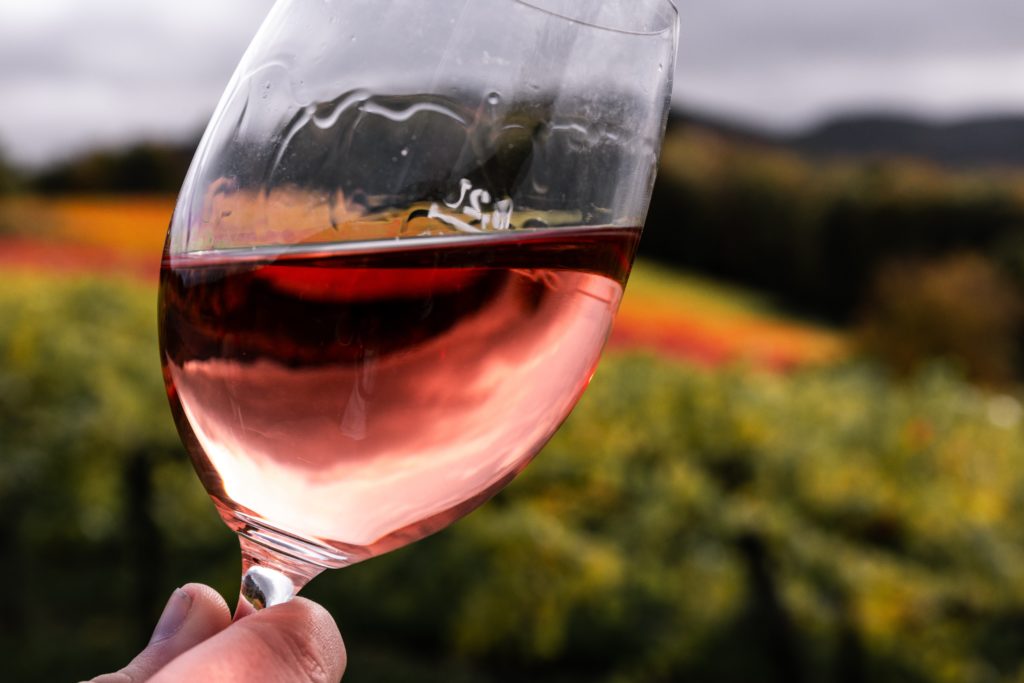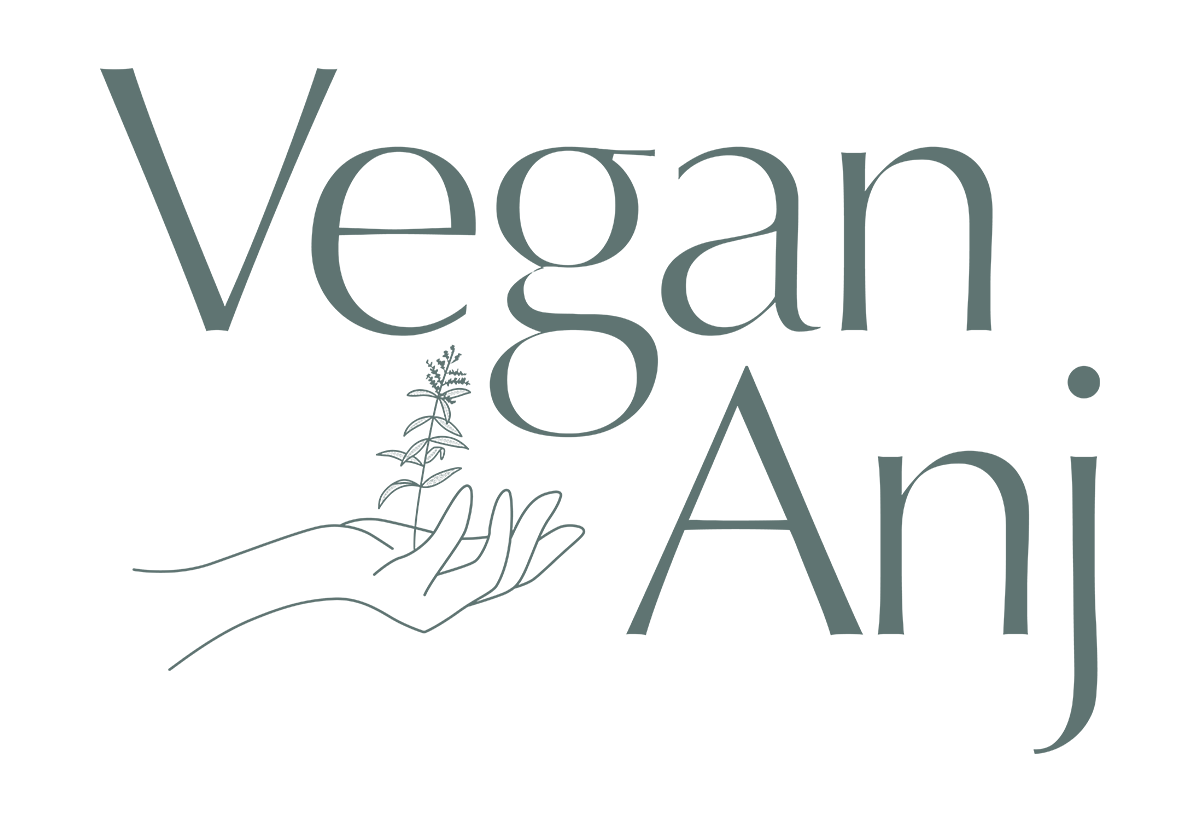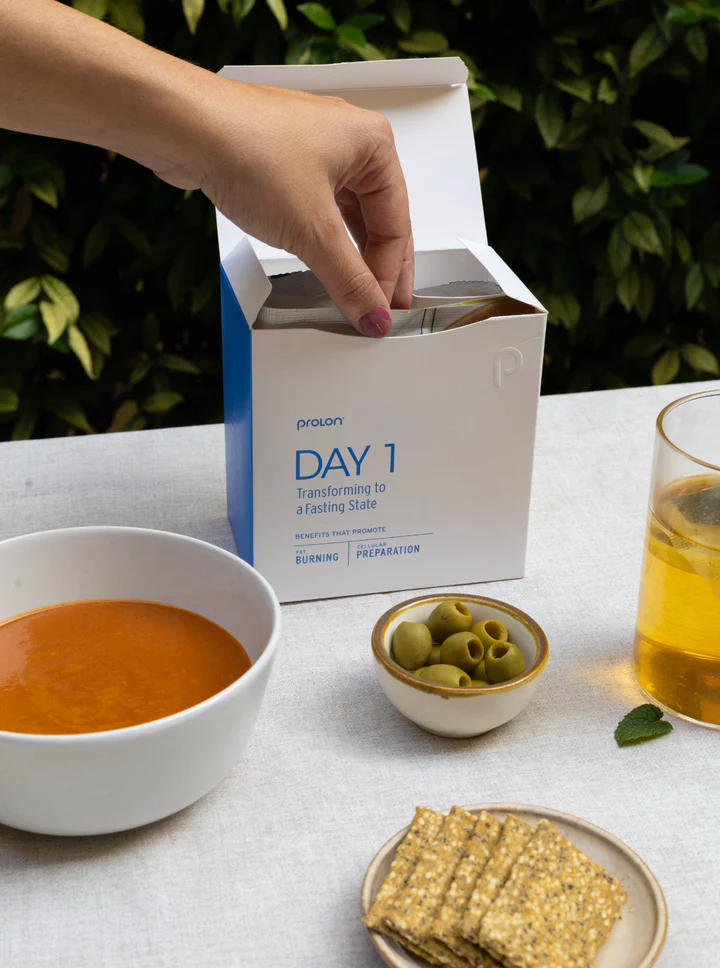WHAT IS VEGAN WINE?
I get this question all the time: what is vegan wine, exactly? Let’s set the stage a bit: I grew up on a vineyard in Sonoma County, so wine – and wine culture – hold a special place in my heart. The sensory experience of drinking a crisp sauvignon on a warm day or enjoying a bottle of cab over dinner with loved ones is such a pleasure of mine. Wine tells a story from the day the grapes are planted to their harvest, to bottling, and to distribution; and I find all of this so fascinating.
So when I went vegan, I never even considered that many of the wines I loved would have animal products in them. Plus, as more DTC wine brands enter the market and terms like biodynamic, sustainable, vegan are thrown around more, it’s hard to know: what is vegan wine, and how do we ensure the wine we know and love isn’t using animal products?
Here’s the TL;DR: there are still many animal-derived wine refining products that are still on the market. And until state or federal regulations require wines to include an ingredient label on the bottle, consumers have to do their homework on determining if a wine is vegan. I go into depth on what to look out for, but essentially, I recommend checking out Barnivore.com if you’re looking for truly vegan-friendly wines (or check out some of the awesome vegan winemakers and vegan wine clubs I list below)!
And if you love a particular winery but want to confirm their wines are vegan, don’t hesitate to reach out and ask them what’s up! I reached out to Pali Wine Co. via Instagram on a recent trip to Santa Barbara, and they responded quickly to confirm that no animal products are used in their winemaking process (I also checked Barnivore, which gave them the green light).

So – here’s what makes a wine vegan, or not:
During the winemaking process, the liquid is filtered through “fining agents” which extract yeast, protein, and various other sediments that are naturally occurring in wine. Many of those fining agents have been traditionally made from animal products. These animal-derived wine fining agents include:
- Chitin (fibers from crustacean shells)
- Egg albumen (made from egg whites)
- Casein (milk protein)
- Bone marrow
- Gelatin (made from boiled animal parts)
- Isinglass (fish bladder membranes)
Luckily, there are PLENTY of vegan wine options out there. Here’s what non-animal derived fining agents are currently on the market:
- Limestone
- Plant casein
- Silica gel
- Vegetable plaques
- Bentonite clay
- Kaolin clay
- Carbon
Another way that animal ingredients can sneakily make their way into wine is through fertilizers, as some winemakers actually use things like animal bone meal or fish emulsion in their fertilizers. No thank you to that!
When there are so many awesome winemakers that do avoid animal products and a ton of new brands that are emerging all the time, why not opt for a wine you can enjoy without worrying about the questionable animal products they might have in them?
I rounded up a few of the most highly rated, fully vegan winemakers out there so you don’t have to spend hours researching! PETA also has a list of their vegan-approved wines, linked here.

- Wonderful Wine Co. (vegan, sustainably farmed, low sugar, low carb)
- Bolixir (vegan, organic, biodynamic, sugar free, low alcohol)
- Avaline (vegan, organic)
- Obvious Wines (vegan, sustanable, fair trade)
- Nomadica (vegan, low sugar, sustainable)
And, equally as important, some of the most popular vegan wine clubs:
- Dryfarm Wines (vegan, organic, biodynamic, low alcohol, low sulfites, low sugar)
- Vegan Wines (vegan winemaking is their top qualifier, but it also appears that they aim to source biodynamic and sustainable wines, as well)
- Kind of Wild (vegan, organic, low sugar)
- Bonterra (vegan, organic, GMO-free, low-sulfite, Climate Neutral-certified)
- Empathy Wines (vegan, sustainable)
Finally, I wanted to define some of those terms I mentioned earlier that are often paired with vegan terminology (but not always). Extra credit, but so worth understanding if you’re looking to be more discerning with your wine selections.
- Organic wine: wines made from grapes grown without pesticides and chemical additives (a.k.a. certified as ‘USDA organic’).
- Biodynamic wine: grown with holistic practices and principles that view the vineyard as one living organism, from soil, to grapes, to harvest.
- Sustainable wine: The term ‘sustainable’ can be tricky but generally speaking, winemakers who tout themselves as such are claiming they use ecologically responsible practices.
- Natural wine: fermented without additives, chemicals, or commercial yeasts.
Phew! I know that was a lot of info, but I hope this article leaves you feeling informed and inspired to enjoy some amazing vegan wines. I don’t know about you, but it’s 5’o clock here in LA and I am so ready to uncork and unplug. Cheers!








